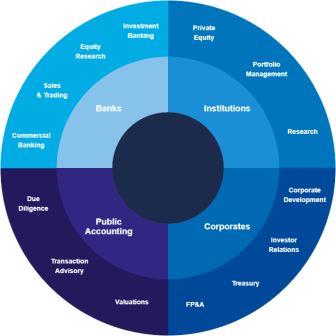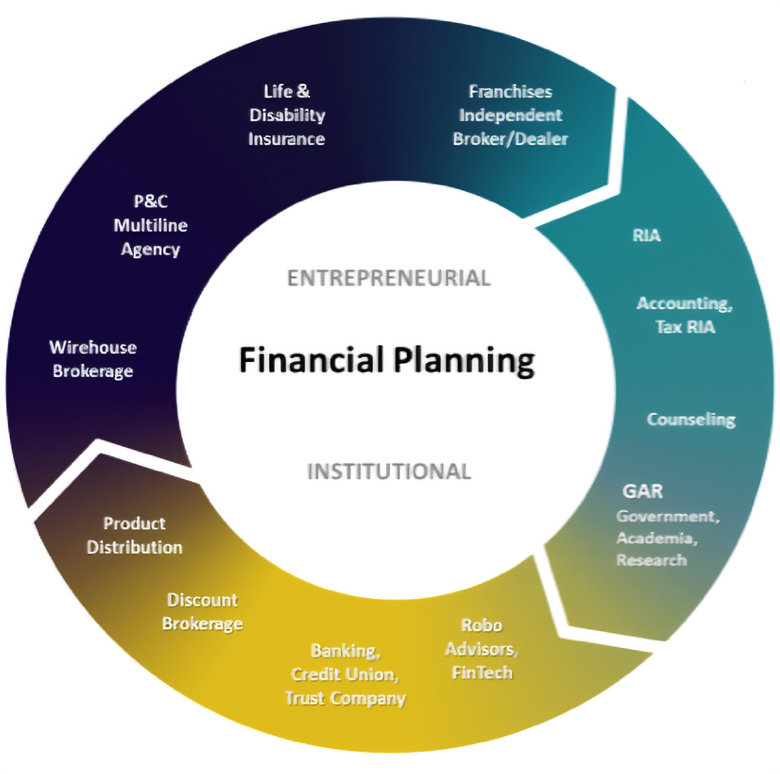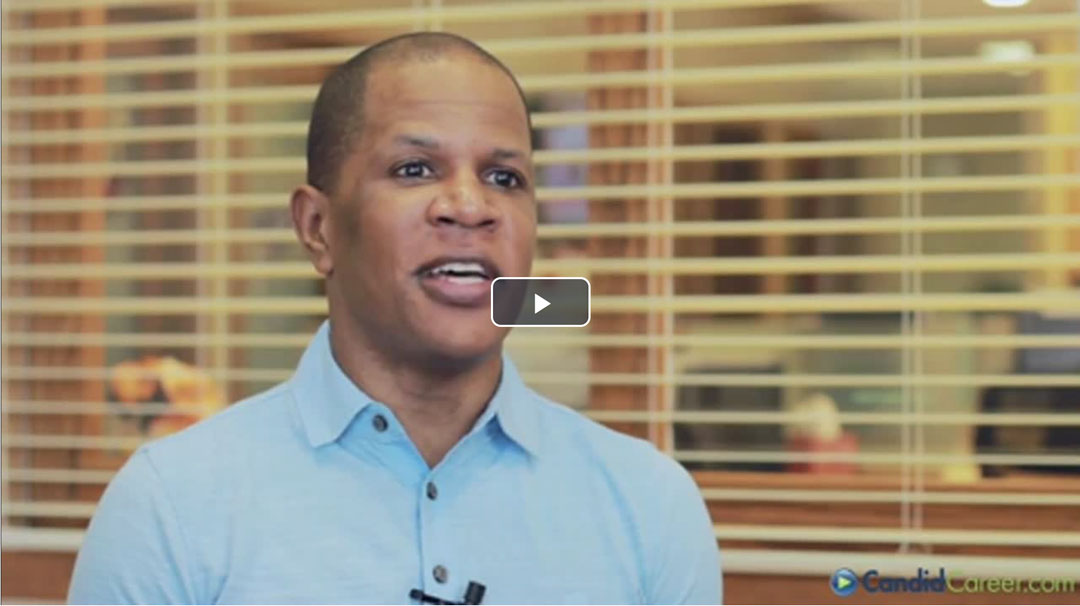
Finance & Banking
About Finance & Banking
The Financial Services industry encompasses corporate finance, investment management, government, banking, insurance, and personal financial management. Managing wealth, navigating loans, advising on investments, and assessing risk factors are all potential areas of expertise. The focus is ultimately on helping individuals and businesses make sound financial decisions. The most common finance industry designations that can be pursued after an undergraduate degree are the CFA charter and the CFP certification.
The majority of the resources on this page are dedicated to “high finance” roles in the banking industry, such as Investment Banking and Equity Research, because candidates pursuing those roles face an earlier recruitment timeline and rigorous interview process. The more common entry-level roles in finance (e.g., Financial Analyst, Credit Analyst, Financial Advisor) typically follow a traditional recruitment timeline and selection process.
What is Investment Banking?
Investment banking, or IB, as it is often called, is the term used to describe the business of raising capital for companies and governments and advising them on financing and merger alternatives. Capital essentially means money. Companies need cash in order to grow and expand their businesses; investment banks sell securities (debt and equity) to investors in order to raise this cash. These securities can come in the form of stocks, bonds, or loans. Once issued, these securities trade in the global financial markets.
Types of Investment Banks
Large Banks
Also referred to as bulge bracket banks, are firms that deal with all divisions of investment banking (IB, Sales & Trading, and Research) and have clients with revenue over a billion dollars. Examples:
- Citigroup
- Credit Suisse
- Deutsche Bank
- Goldman Sachs
- JP Morgan
- Morgan Stanley
Boutique Banks
These are firms that focus on one division in investment banking. They typically work on smaller deals with middle market companies. Examples:
- Houlihan Lokey
- Lazard
- Moelis & Company
- Piper Sandler
- Robert W. Baird
- William Blair
We recommend completing online learning, such as Training the Street, to supplement your Creighton coursework.
To learn more about the industry, recruitment process, informational and networking events, and internship/full-time opportunities from the Career Center, join this the Creighton Investment Banking Society BlueLine group. Even if you are undecided or uninterested in investment banking specifically, but may have interest in other areas of finance, we encourage you to still join this group so you don’t miss out on pertinent updates from the Career Center geared towards students interested in finance.
Skills for Investment Banking
Character traits of someone suited to work as an analyst or associate include highly ambitious, competitive, analytical, and polished. Other critical skills to develop are:
- Quantitative skills (finance, accounting, economics, statistics, mathematics)
- Strong accounting and valuation knowledge
- Financial modeling skills
- Excellent Microsoft Excel and PowerPoint skills
- Effective communication
- Ability to work well in teams
- Entrepreneurial, self-starting
- Critical, detail-oriented thinking
- Leadership, with a focus on results
Recruiting Timeline
Summer internships are often a requirement for landing full-time offers.
Recruiting for summer internship programs (the summer before your Senior year) kicks off 1.5 years in advance, in other words, as early as January/February of your Sophomore year. Some banks, especially boutique firms, have deadlines as late as August/September of your Junior year, or occasionally later. Thus, we recommend networking with professionals in the field the Fall semester of Sophomore year. This article provides a great summary of how to stay on top of the recruitment timeline.
Investment banks that target Creighton University students typically engage formally with the John P. Fahey Career Center and post positions on Handshake. However, for banks not targeting Creighton, including most large banks, students must network with industry professionals (e.g., alumni) to be referred into the recruitment pipeline. Check employer websites for application instructions. You can also sign up for Suited, a platform that connects candidates with investment banks.
Meet with a Career Advisor to learn more about the recruitment process, prepare an industry-specific resume, and connect with banking professionals.
Interview Preparation
Interview processes vary by bank, but candidates should be prepared for behavioral and technical questions. According to the Corporate Finance Institute, potential sections of an interview might include:
- Bank / industry overview
- Employment history / resume
- Problem solving questions
- Technical knowledge questions
- Behavioral questions
- Questions for interviewer
Full-Time candidates may also encounter a financial modeling case in Excel.
Free Wall Street Oasis Courses
- Interview Prep Courses (contact Heather Doering for free access)
- Financial Statement Modeling Course (contact Heather Doering for free access)
Forage Internship Simulation Courses
Forage internship simulations help students develop transferable skills for workplace readiness. Each micro-internship is 3-6 hours of industry-specific tasks and culminates in a certificate that can be add to your resume and LinkedIn profile. These are free, self-paced courses that are great for discernment and standing out from the crowd when applying in the industry.
Student Clubs
The Investment Banking Society seeks to educate members about the investment banking industry and the recruiting process.
The BlueLine Group offers more information about the industry, recruitment process, informational and networking events, and internship/full-time opportunities from the Career Center
Through the LinkedIn page, the society provides resume help, interview strategies, speakers, and networking events.
Professional Organizations
O*Net Online Resources
O*Net offers a comprehensive view of occupations across all industries in the United States. It includes important skills for the position, employment and salary information as well as future job growth projection.











